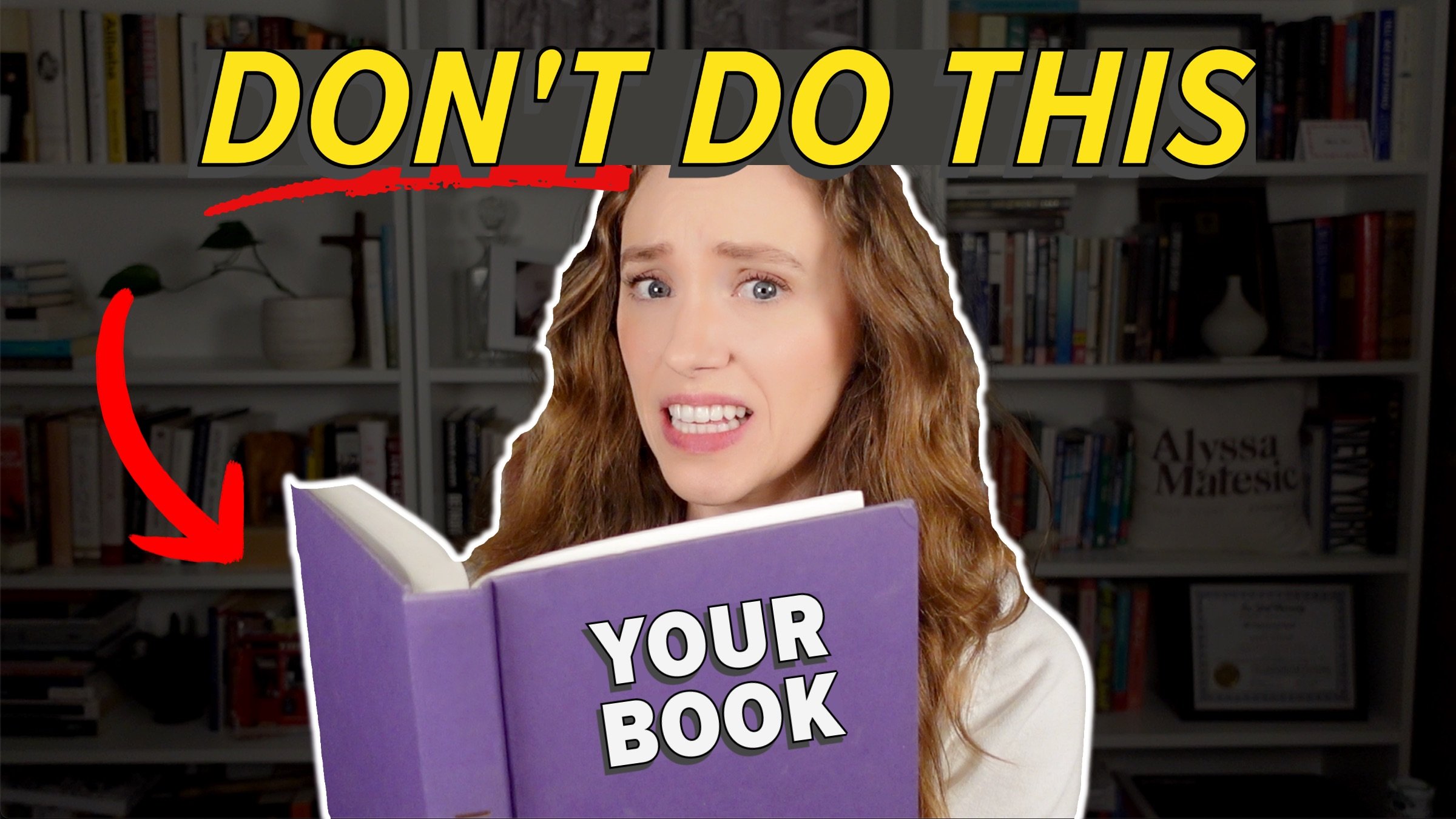5 Key Differences Between an Amateur Writer and a Professional Author
HIT PLAY OR READ THE POST BELOW:
As a professional book editor, I have worked with hundreds of authors, from first-time debut authors to established best-selling authors. Authors who are newer in their careers often ask me, “What sets a professional author apart from an amateur writer? What do they do differently?”
There are some stark differences in how professional writers approach their work and their writing compared to newer authors who are just starting out. I want to talk through the five major ways that pro and amateur writers differ so that you can develop in your author career.
1. Pros Know When and How to Bend the Rules
Much of the writing advice that you will find online will likely feel very prescriptive; it can feel formulaic and limiting. For example, you might have heard the advice to show instead of tell, or you might be instructed to follow specific tropes or expectations for your genre, or you might find an outline of how to very specifically plot your story to follow very regimented plot beats according to a widely used narrative structure.
It totally makes sense to want to adhere to these guidelines, especially if you’re an amateur writer, because they can be very helpful as you're getting your footing as a storyteller. But as you develop in your craft, you will find ways to break those established rules or techniques — and to great success, because sometimes breaking the rules is what makes the story more exciting and engaging.
I deeply value allowing the craft of writing to be free-flowing and creative, so remember that when it comes to writing, rules are ultimately meant to be broken. Whether you're working on something that subverts expectations of a certain genre, like a cozy or comedic horror, or whether you're trying out an entirely different narrative style, once you have the basics down, I want you to feel free to bend the rules a little bit if it will make for a more effective story.
2. Pros Keep Writing No Matter What
Professional writers are extremely dedicated to their writing, and they treat writing as an obligation and a job — something that they must do and something that they commit to doing day after day after day.
That doesn't necessarily mean that they're writing every single day, but they've committed to the fact that this is going to be something they continually do. Even if they face writer's block or they feel discouraged, they still sit down and do it. They keep going and they persevere. While they may be working on a deadline from their literary agent or their publishing house, oftentimes the motivation is really internal. It's something they are personally passionate about, and they cannot see their life without writing. That's what allows them to continually return to the page.
Now, that's not to say that you can't or you shouldn't take a break from writing when you need to; you absolutely should, and there is no expectation that you have to churn out a book every year or every five years, even. But the idea is that when you're looking at writing from a professional standpoint, it's likely going to be part of your life for the duration of your life in one way or another, even if you eventually pivot to another genre or another format of writing.
3. Pros Separate Writing from Publishing
Professional writers see writing as an art form but understand that publishing a book is a business, and those are two very different things. Amateur writers often struggle with separating the two.
When pros are engaging with the publishing industry, they understand that it is an exchange of value, where their book — their art form — is now a product meant to be sold to readers for entertainment and for purchase. The sooner that you're able to separate writing and publishing conceptually in your mind, the better off you are going to be and the closer you will be to becoming a true professional author.
Professional writers understand that not every book is going to make sense to be published by a Big Five commercial publishing house because they understand that the goal in that context is to sell as many books as possible to as wide a readership as possible. They are able to somehow maintain the integrity of what they are doing as an artist while being aware that they are participating in this business of publishing and that they are ultimately creating something with the intention of it being sold.
Now that doesn't mean that you have to write with publishing in mind at all — you can certainly write just for yourself and just for personal reasons. But professionals who land major book deals, who write for a living or who you see on the bestseller list do have to think about the business side of things.
4. Pros Are Always Growing
There's never going to be a point at which you know everything there is to know about writing and publishing. The beauty of this craft is that you can always continue to improve and learn more, even if you're already a successful author.
Professional authors will often try out new styles or techniques; perhaps they try to plot their novel in a completely different way, or if they've written all their novels thus far in close third person, then they suddenly decide to experiment with first person. They are pushing themselves to grow as artists and storytellers. Or, if they are feeling good about how they approach their craft, perhaps they're trying to grow on the marketing or personal branding side. Maybe they start a newsletter or they teach a creative writing course.
So, if you're just starting out, I recommend adopting this mindset of continual development. It's something that I'm continually thinking of from the editorial side as well — how to become a better editor, how to implement new strategies and techniques.
5. Pros Embrace Feedback
As a new or amateur writer, getting feedback — especially constructive feedback — can be absolutely terrifying, even paralyzing. I totally understand that. But professionals recognize the absolute need for external feedback on their work for them to achieve their potential. Whether it comes from a trusted critique partner, a beta reader or a professional editor, or their literary agent, they embrace feedback and the revision process with full force.
When I work with a professional writer, anytime that I provide editorial suggestions, no matter how substantive they are, they're ready to return to the manuscript full steam ahead. That's because they understand that the feedback is coming from the perspective of wanting them to create the strongest story possible that resonates with readers. They don't take revision personally, and they don't see it as them being told that they're doing anything wrong — just that there is area to improve, and they're eager to do that.
This is a mindset that I strongly recommend all authors embrace as soon as possible because it is only going to help you grow exponentially as an author.
I hope this helped you understand and embrace some of the techniques and mindsets adopted by professional authors so that you can grow and develop in your career.
Thanks so much for reading and happy writing!






